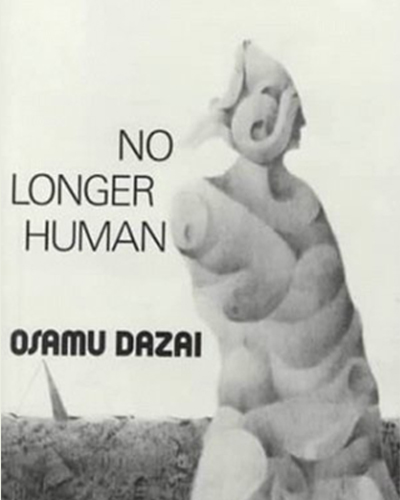
| Language | From $0.00 |
| Release Date | January 1, 1948 |
| Genre | Fiction |
| Author | Osamu Dazai |
| File Size | New Directions |
| Rating | (4.04) |
No Longer Human tells the story of Yozo Oba, a man who finds it increasingly difficult to maintain connections with other people, as he spirals deeper into depression and despair. The novel is divided into three parts, detailing different stages in Oba’s life - his childhood, university years, and adulthood.
Yozo Oba is a complex character, haunted by his inability to understand and connect with others. He wears a metaphorical mask to hide his true feelings and often resorts to self-destructive behavior.
Some of the themes explored in No Longer Human include isolation, loneliness, self-destruction, and the impact one’s actions have on others.
The novel follows Oba’s downward spiral as he loses the ability to maintain his façade and eventually succumbs to his inner demons.
Oba’s character development throughout the novel is marked by his increasing self-awareness and his inability to cope with the reality around him.
The supporting characters in No Longer Human are essential in showcasing the impact of Oba’s actions on others and highlighting various aspects of his personality.
No Longer Human delves deep into the themes of isolation and loneliness, as Oba is unable to form meaningful connections with others and often feels alienated from society.
Oba’s self-destructive tendencies not only harm him but also have major consequences for those around him, further emphasizing the novel’s themes.
Dazai uses No Longer Human as a platform to critique the pressures and expectations placed on individuals by society, as well as the consequences of failing to conform.
Dazai’s choice to use a first-person narrative in No Longer Human allows readers to gain an intimate understanding of Oba’s thoughts and feelings, making his struggles and despair all the more poignant.
Throughout the novel, Dazai employs various symbols and imagery to enhance the themes and emotions present in the story.
Upon its release, No Longer Human received mixed reviews, with some critics praising its raw portrayal of the human psyche, while others criticized its bleak outlook.
Today, the novel is regarded as a classic of Japanese literature and is often studied for its themes, character development, and Dazai’s writing style.
No Longer Human has had a lasting impact on Japanese literature and has inspired various adaptations, including manga, anime, and live-action films.
No Longer Human is a deeply moving and thought-provoking novel that delves into the darkest corners of the human psyche. Its exploration of themes such as isolation, self-destruction, and societal pressures makes it a powerful and relevant piece of literature. For fans of Japanese literature or those interested in an intense character study, No Longer Human is highly recommended.